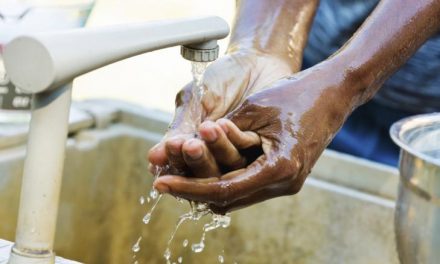
World Health Organisation steps up efforts to combat hepatatis E

In a bid to fight the spread of hepatitis E, the World Health Organisation (WHO) this week launched a risk communication, social mobilisation and community engagement intervention in Swakopmund’s DRC informal settlement.
According to ews agency Nampa, through the intervention, the Ministry of Health and Social Services signed a partnership agreement of N$260,000 with the Swakopmund Municipality to roll out an integrated community-based response through volunteers.
The funds are part of nearly N$3 million in support from the WHO to the ministry to intensify responses.
In his speech at the event, WHO Country Representative Dr Charles Sagoe-Moses emphasised the importance of hygiene and hand-washing in the informal settlement to ensure cleanliness.
“Our initial response, especially in informal settlements, has taught us the importance of consulting and engaging the communities affected by the outbreak, if our investment in containing the outbreak is to be successful and sustained,” he said.
The volunteers are expected to conduct community surveillance and promote tracing and hygiene at household level with an emphasis on hand washing in the settlement for at least six consecutive months.
Sagoe-Moses expressed the hope that through the ministry’s partnership, new cases of Hepatitis E will be reduced at the town.
A hepatitis E outbreak was officially declared in December 2017 in Windhoek and has now spread to other parts of the country including the Erongo Region.
Statistics by the ministry indicate that as of 14 October 2018, 3885 cases reported to health facilities with Acute Jaundice Syndrome symptoms have been investigated of which 540 are laboratory confirmed; 2 657 epidemiologically-linked; 211 negative and 477 suspected.
Out of the 477 suspected cases, 184 were maternal. There were 35 deaths of which 15 cases were maternal deaths.
According the ministry, the Erongo Region cases have been reported mainly from the DRC informal settlement in Swakopmund and most cases from less affected towns in the regions have a travel history to the said settlement.












































